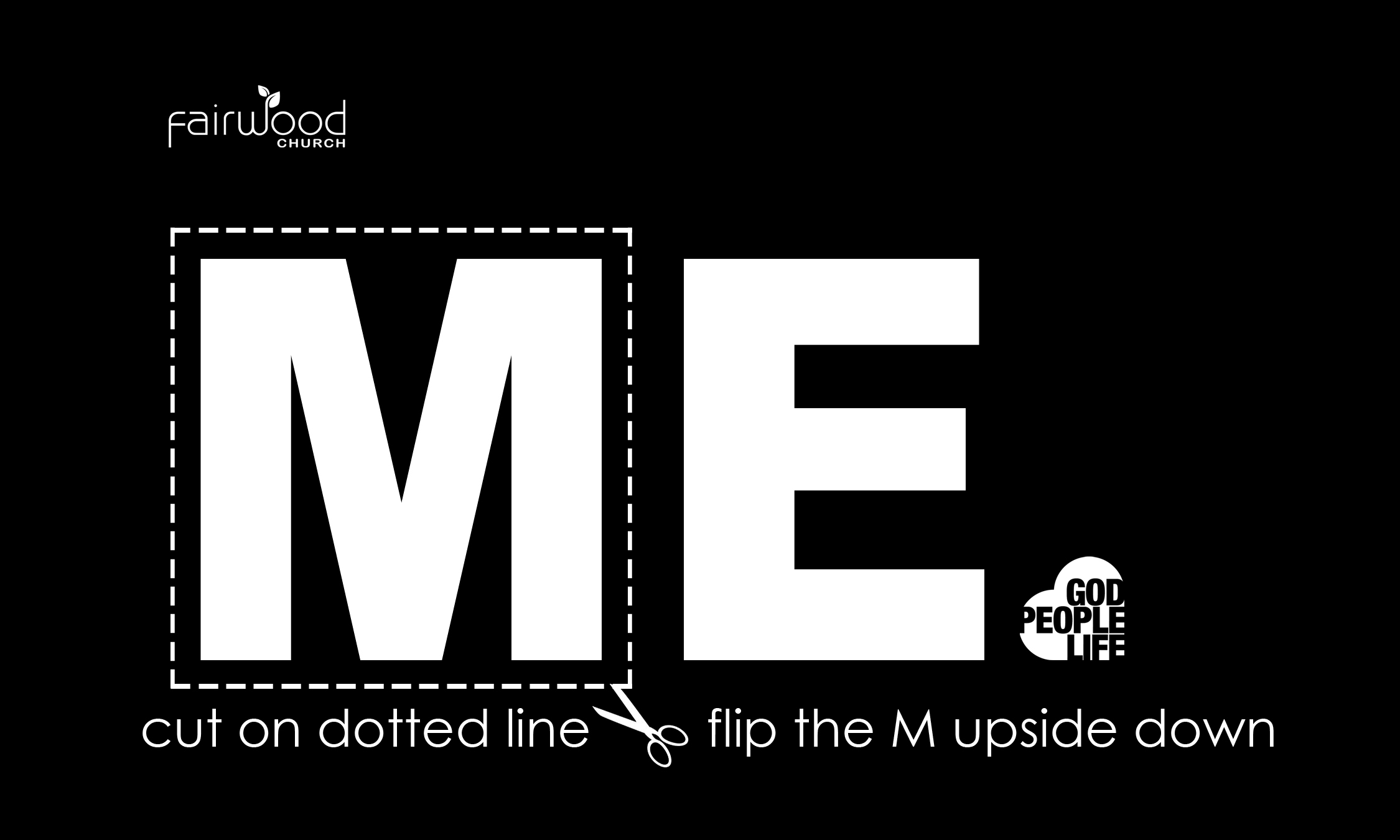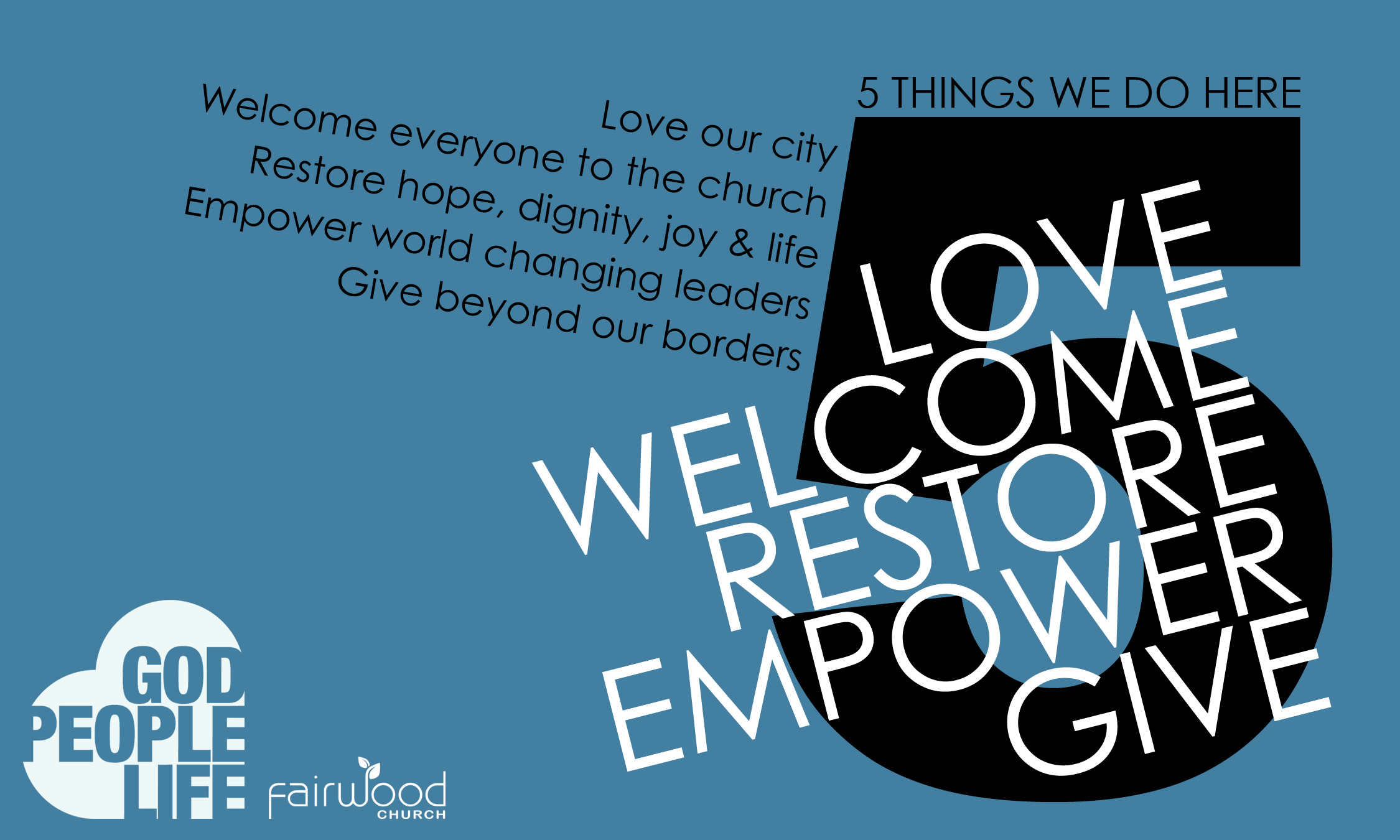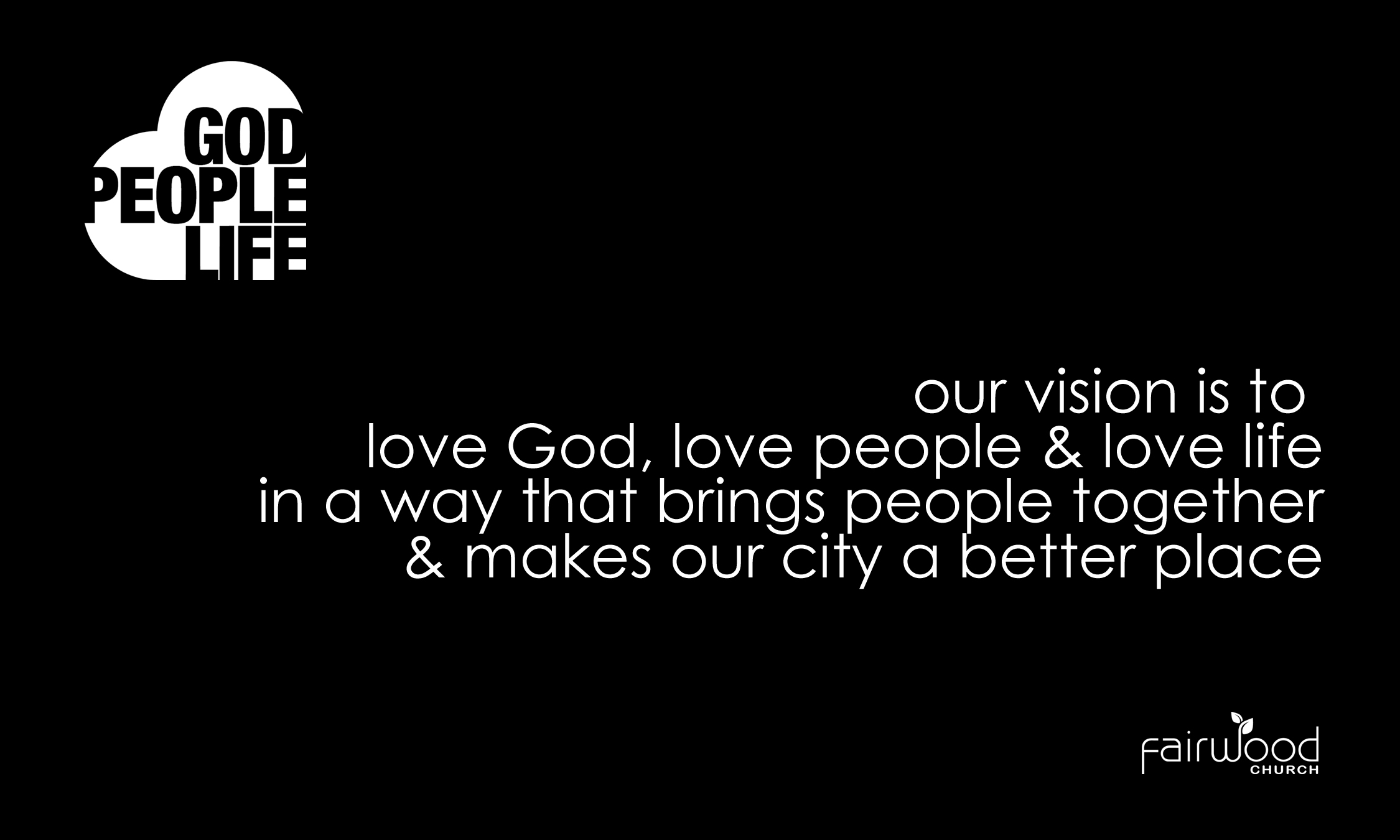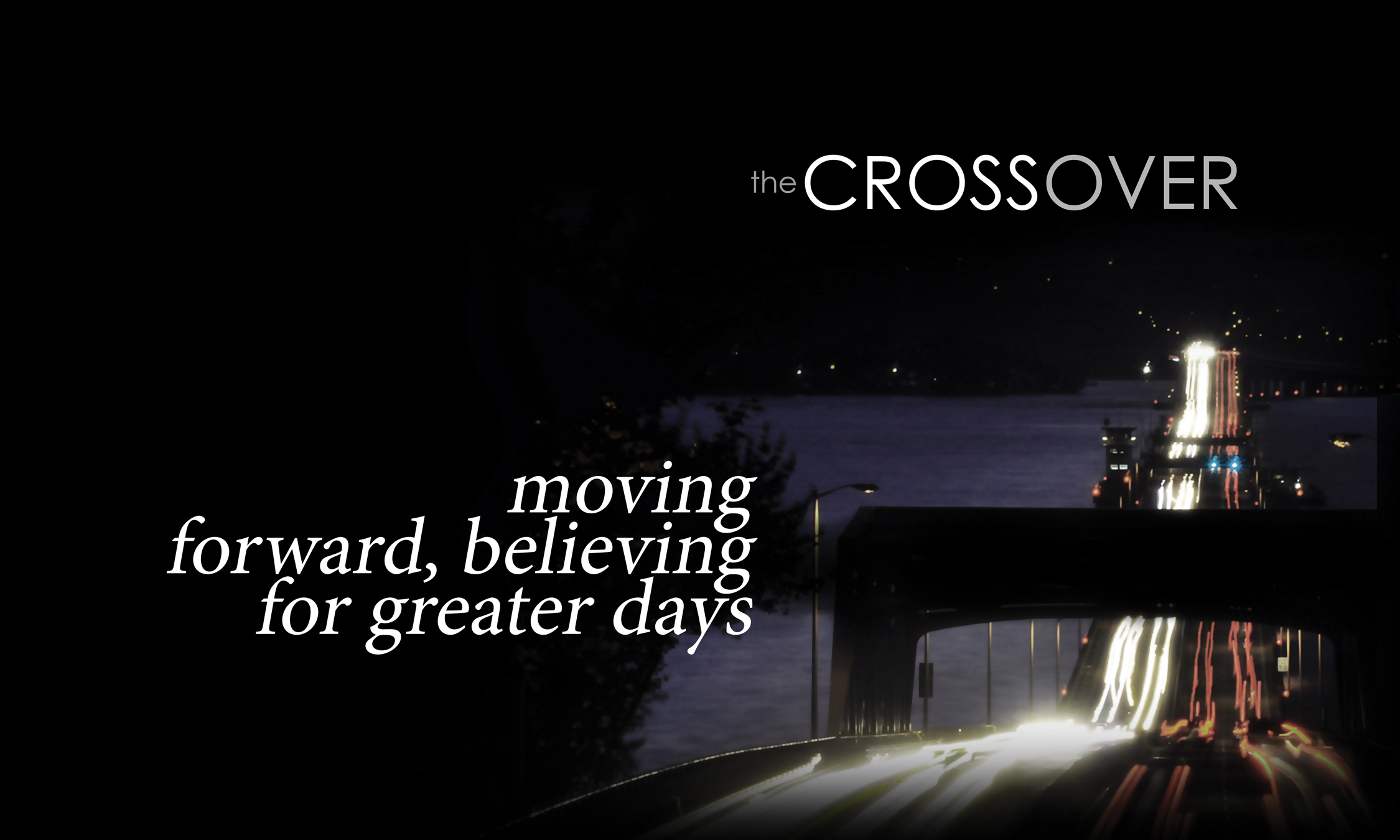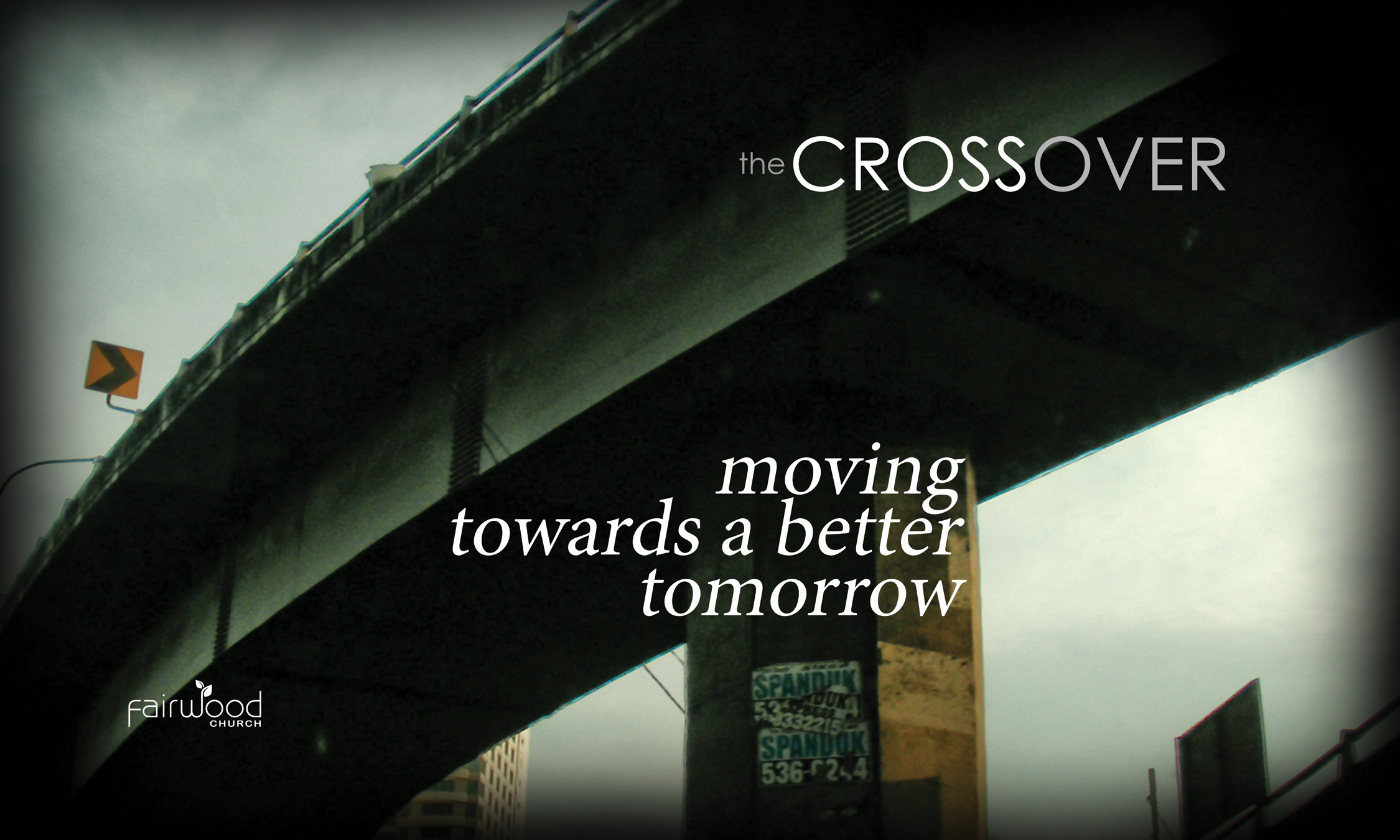Get Your Swagger Back
Swagger:
To move with confidence.
How one presents him or herself.
Swagger is shown in how a person handles situations—it is also shown in the person’s walk.
Too many Christians have lost their swagger.
I’m not talking about arrogance, pride or even self-confidence.
I’m talking about faith.
Confidence in God.
Assurance.
Boldness.
Shining, not hiding.
Advancing, not retreating.
On the offense, not defense.
Playing to win, rather than not to lose.
Saying things like…
“If God is for us, who can ever stand against us?”
“Despite all these things, overwhelming victory is ours through Christ who loves us.”
“Nothing can ever separate us from God’s love.”
That’s the kind of swagger I’m talking about.
Christians lose their swagger because of various things…
Some—because of challenges, difficulties and hurts.
Others—because they’ve gotten lazy and quit growing.
The reasons don’t matter. What matters is that you get your swagger back.
When the 12 spies came back, only 2 had their swagger.
Joshua and Caleb said, “Let’s go—we can do this!”
They moved with confidence.
They presented themselves as ready for the challenge.
They trusted God—and they walked with a swagger.
Here’s what God said about Caleb:
“He has a different spirit; he follows me passionately. I’ll bring him into the land and his children will inherit it.” (Numbers 14.24 MSG)
My interpretation of that verse: “He walks with a swagger because of his confidence in God.”
How about you?
Is it time to get your swagger back?




